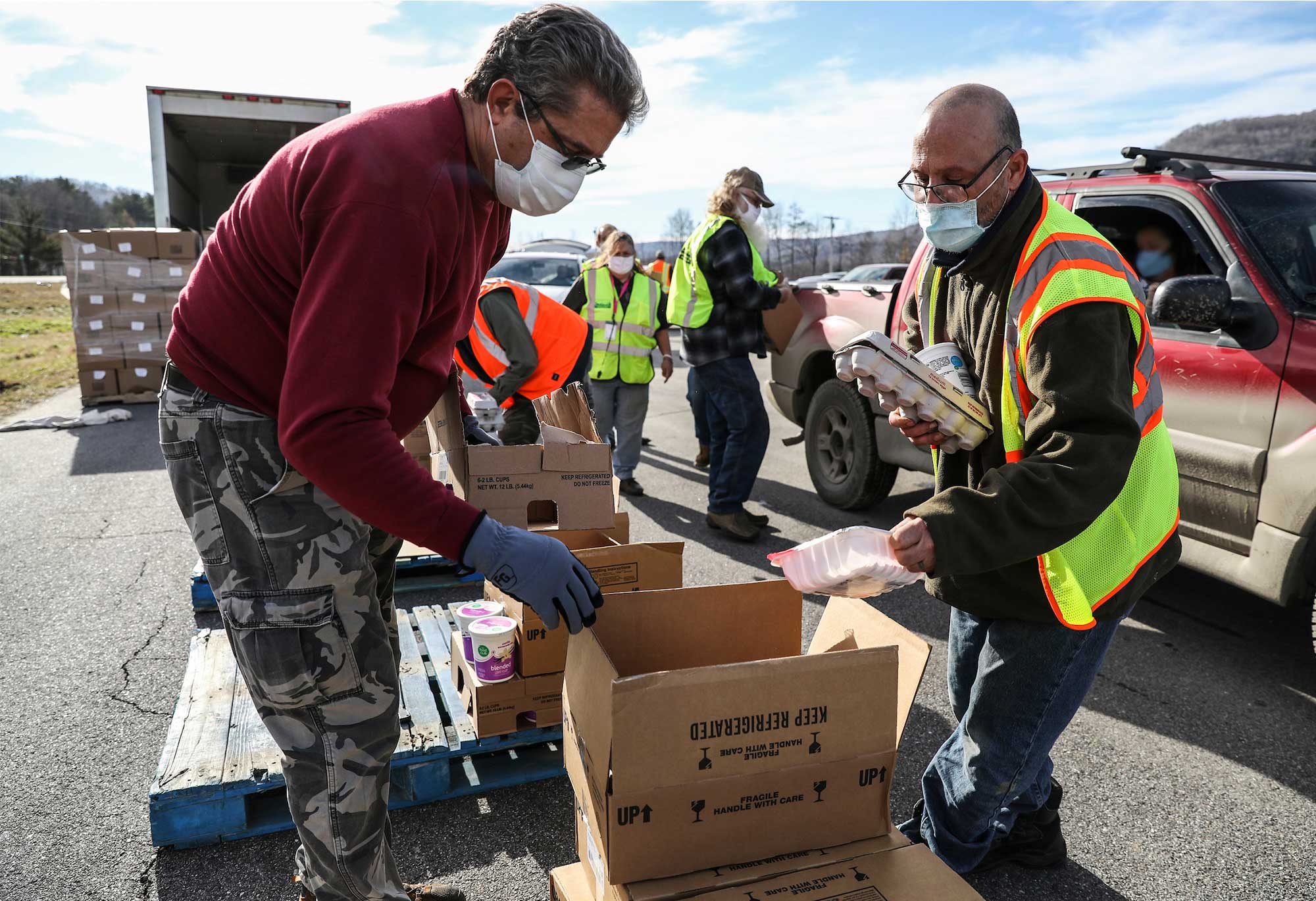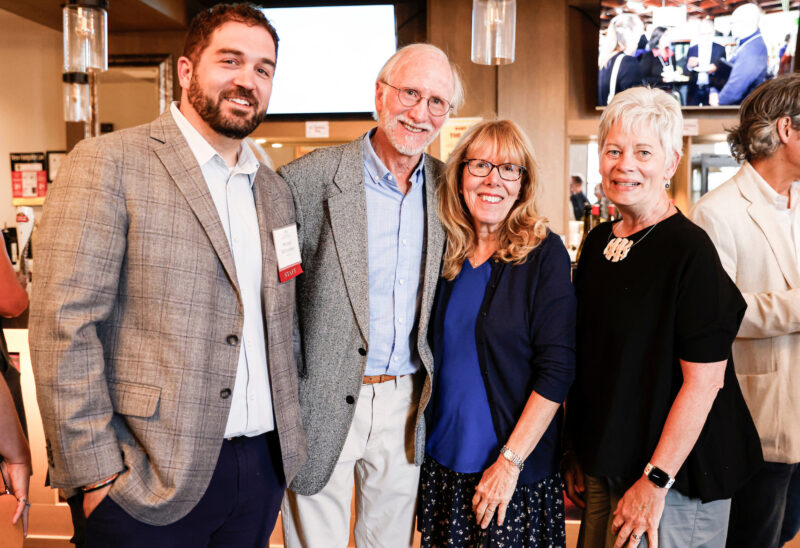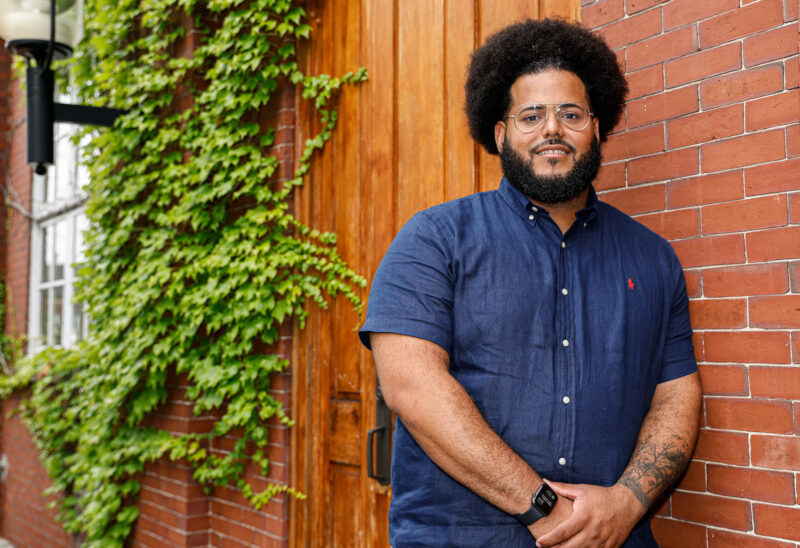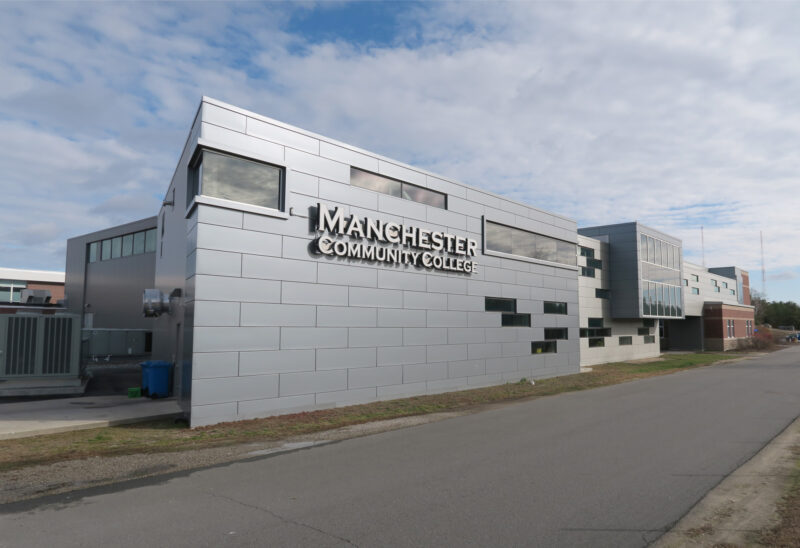When the COVID-19 pandemic struck, New Hampshire’s nonprofit organizations did what had to be done: they adapted — and kept meeting their missions.
Homeless shelter staff figured out how to keep roofs over people’s heads, even when that meant scrambling to find room for people to isolate.
People who run food pantries and the New Hampshire Food Bank figured out how to safely continue distributing groceries in our communities, even while seeing a huge surge in demand.
Workers at family resource centers figured out how to keep isolated kids from struggling families connected with summer activities, delivering supplies to homes and meeting over Zoom.
Museums that usually host school groups created online programs and connected families with remote-learning resources. Arts organizations, dealt a staggering blow from loss of revenue, found creative ways to safely offer programming to uplift and inspire.
Nonprofit child care centers adapted to keep doors open for the children of essential workers.
The list goes on. And on. And on.
And nonprofits met this unprecedented need in our communities despite facing mounting and unexpected costs, forced cancellations of fundraisers that many rely on to keep their budgets in the black, closures that sent revenues into tailspins — all while facing down the enormous complexities of a global pandemic.
Many people have rallied to acknowledge and support that heroic work. In June, the New Hampshire Center for Nonprofits’ one-day giving event, NH Gives, shattered all previous records — raising more in 2020 for Granite State nonprofits than it had in the previous four years combined.
Many people and businesses have given generously to support the critical work that keeps our communities strong. You gave money and time — some of you gave food and toilet paper when those things were in short supply. Every donation was appreciated. Many gave to United Way relief funds, to the New Hampshire Charitable Foundation’s Community Crisis Action Fund, to the Community Development Finance Authority’s Response Fund or directly to those organizations that you see doing good and vital work in your communities every day.
Our three organizations worked together to create a grant program and to help the state administer the Nonprofit Emergency Relief Program — helping the Governor’s Office for Emergency Relief and Recovery to efficiently and effectively distribute millions in federal CARES Act funding to help New Hampshire’s nonprofits keep going through this crisis.
But nonprofits need more, and continued, support. These organizations remain — and will remain — on the front lines: continuing to manage the public-health crisis, fighting for racial justice, addressing increased need for basic services, protecting people’s right to vote, building local economic opportunities. And so much more.
And nonprofits will be a critical wellspring of resilience to help rebuild the vibrancy, shared purpose and connectedness that New Hampshire communities pride ourselves on.
The N.H. Center for Nonprofits, the N.H. Charitable Foundation, and the Community Development Finance Authority will continue to serve the nonprofit sector: making grants, advocating, providing technical assistance. We urge federal and state policymakers to make more funds available to support nonprofits as we continue to navigate and rebuild from this crisis. And we encourage the state to continue to work with private philanthropic partners and the nonprofit sector to find solutions to our shared challenges.
In this extraordinarily challenging time, nonprofits have not failed or even faltered in their missions for our communities. The staff and volunteers of these remarkable organizations masked up, gloved up, and went right on with the work.
Nonprofits had New Hampshire’s back when our communities needed them the most, and they continue to have our back. Now, they need everyone who is able to show that we have theirs:
Please, give as generously as you can this holiday season to help New Hampshire’s nonprofits keep meeting their critical missions.
Kathleen Reardon, CEO of the NH Center for Nonprofits, lives in New Boston; Richard Ober, president and CEO of the NH Charitable Foundation, lives in Dublin; and Katy Easterly Martey, executive director of the Community Development Finance Authority, lives in Manchester.













![Rev. Heidi Carrington Heath joined Seacoast Outright. [Photo by Cheryl Senter]](https://www.nhcf.org/wp-content/uploads/2024/05/Heidi-Carrington-Thumbnail-800x548.jpg)
![Dr. Jennie Hennigar treats a patient at the Tamworth Dental Center [Photo by Cheryl Senter]](https://www.nhcf.org/wp-content/uploads/2024/05/TCCAP-Hero-800x548.jpg)

